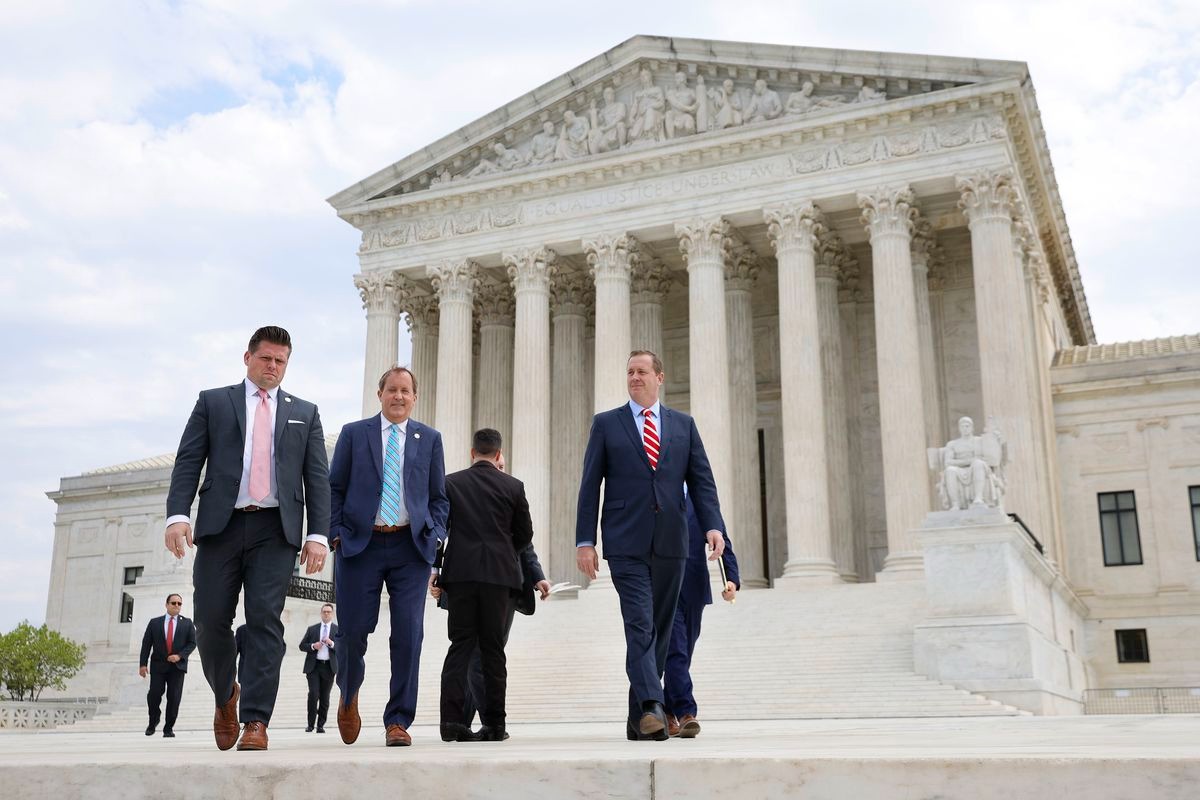In a contentious legal battle over LGBTQ rights, the Supreme Court has upheld a Texas university’s ban on drag shows, leaving LGBTQ students at West Texas A&M University unable to exercise their First Amendment rights.
The decision, announced Friday in Spectrum WT v. Wendler, provides no explanation and is only temporary, effectively silencing LGBTQ voices on campus indefinitely.
The clash began when Spectrum WT, an LGBTQ student organization, planned to host its annual drag show on campus last March. However, University President Walter Wendler abruptly canceled the event and instituted a ban on drag performances, citing concerns of misogyny and divisiveness.

Wendler’s ban drew criticism for its infringement on free speech, particularly as a public university is bound by the First Amendment. Despite the university’s attempts to suppress drag shows, Spectrum WT persisted, seeking to hold another event this month.
However, the Supreme Court’s decision means that the ban remains in place, thwarting the group’s efforts for a second consecutive year. While the decision is temporary, Spectrum WT remains hopeful that the ban will eventually be struck down by a federal appeals court.

The legal battle has raised broader questions about free speech and the limits of government authority. Even if Wendler believes drag performances to be sexist, the First Amendment protects nearly all forms of speech, including offensive or hateful expression.
This principle was reaffirmed in a 2011 Supreme Court ruling, which upheld the right of a notoriously anti-gay church to protest at a fallen Marine’s funeral.
The case’s journey to the Supreme Court is notable for its unusual path through the legal system. West Texas A&M University’s location outside Amarillo, Texas, meant that the case was heard by Federal Judge Matthew Kacsmaryk, a Trump appointee known for his conservative views.
Kacsmaryk’s decision to uphold the ban, despite clear First Amendment concerns, underscored the influence of ideological biases in the judiciary.
The case now awaits review by the United States Court of Appeals for the Fifth Circuit, where Republican-appointed judges hold sway.
While Spectrum WT remains optimistic about the outcome, the prolonged legal battle has deprived LGBTQ students of their constitutional rights for nearly a year.
As the fight for LGBTQ equality continues, the case serves as a stark reminder of the challenges faced in defending fundamental freedoms.


